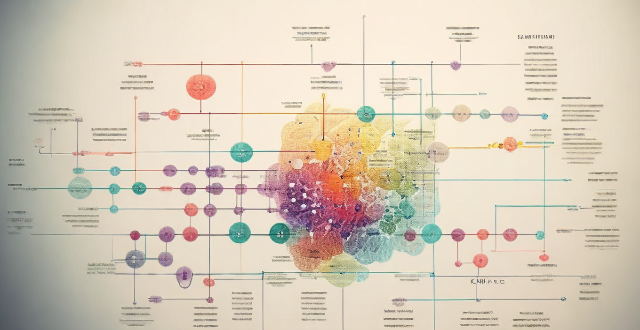Lifelong learning is crucial for personal growth and adaptability. Effective strategies include setting clear goals, creating a learning plan, leveraging technology, practicing active learning, seeking mentorship, and embracing failure for continuous improvement.

Effective Strategies for Lifelong Learning
Lifelong learning is a continuous process of acquiring new knowledge, skills, and attitudes throughout one's life. It is essential for personal growth, career development, and adapting to the ever-changing world. Here are some effective strategies for lifelong learning:
1. Set Clear Learning Goals
- Identify your interests and passions: Choose topics that you are genuinely interested in and passionate about. This will help you stay motivated and engaged in the learning process.
- Determine your learning objectives: Define specific, measurable, achievable, relevant, and time-bound (SMART) goals that you want to achieve through your learning journey.
2. Create a Learning Plan
- Break down your goals into smaller tasks: Divide your learning objectives into manageable tasks that can be accomplished over time.
- Establish a timeline: Determine how much time you can allocate to each task and create a schedule that works for you.
3. Leverage Technology
- Use online resources: Take advantage of online courses, tutorials, and educational platforms to learn at your own pace and convenience.
- Stay updated with the latest advancements: Keep yourself informed about the latest technological advancements and incorporate them into your learning process.
4. Practice Active Learning
- Engage in hands-on activities: Participate in practical exercises, projects, or experiments to reinforce your understanding of the subject matter.
- Apply what you learn: Apply the knowledge and skills you acquire to real-life situations to deepen your understanding and retention.
5. Seek Mentorship and Collaboration
- Find a mentor: Look for someone who has expertise in the area you want to learn and seek their guidance and advice.
- Join a community or group: Join a community or group of people with similar interests and collaborate on projects or discussions to exchange ideas and learn from each other.
6. Embrace Failure and Continuous Improvement
- View failure as an opportunity to learn: Don't be discouraged by setbacks; instead, analyze what went wrong and use it as a chance to improve.
- Reflect on your progress regularly: Take time to reflect on your learning journey, identify areas for improvement, and make adjustments accordingly.
By incorporating these strategies into your lifelong learning process, you can enhance your knowledge, skills, and overall well-being while adapting to the changing world around us.